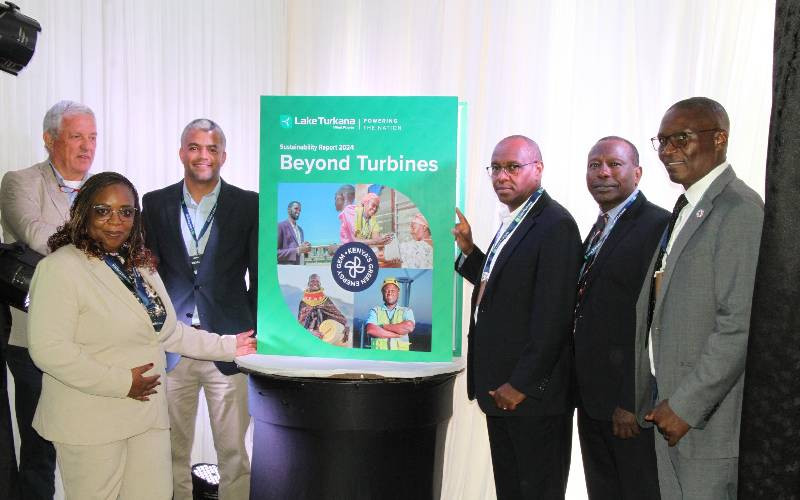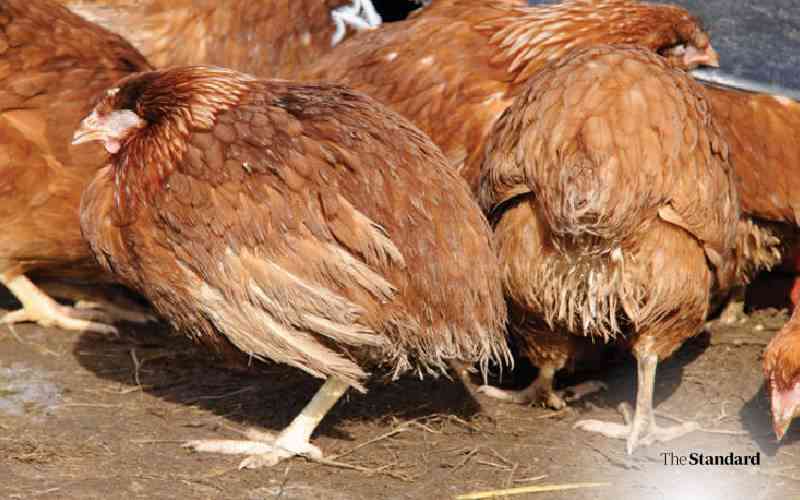
Commercial chickens are mainly raised in an intensive deep litter system.
They are kept indoors and provided with comfortable conditions, such as dry litter, good ventilation, spacious accommodation, natural light, and good nutrition.
Every farmer wishes for their birds to have the highest livability, attain good weights and deliver maximum production.
However, most farmers continue to experience respiratory disease outbreaks on their farms.
They include Newcastle, mycoplasmas, infectious bronchitis, Coryza, and E. coli, among others.
Most of these respiratory diseases are known to be endemic (present) in free-range chickens and wild birds, resulting in a risk of their introduction into commercial poultry farms.

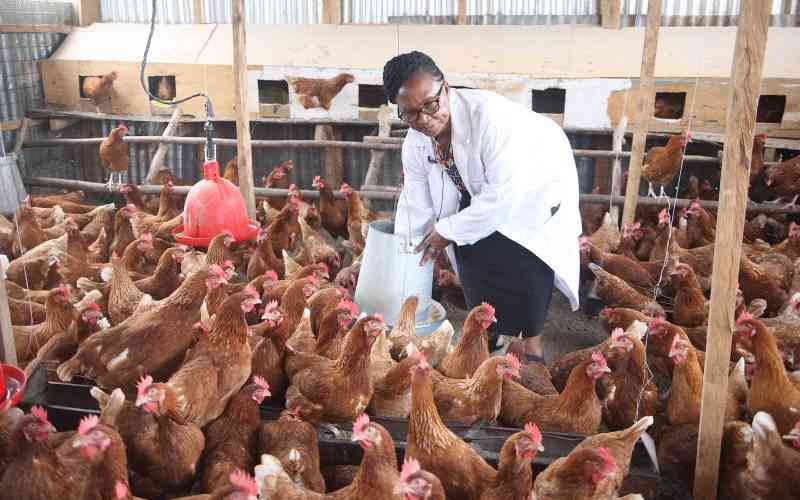
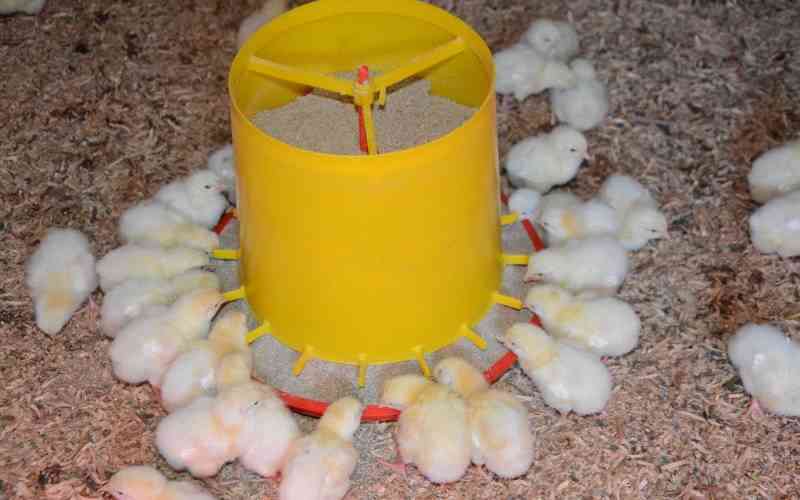
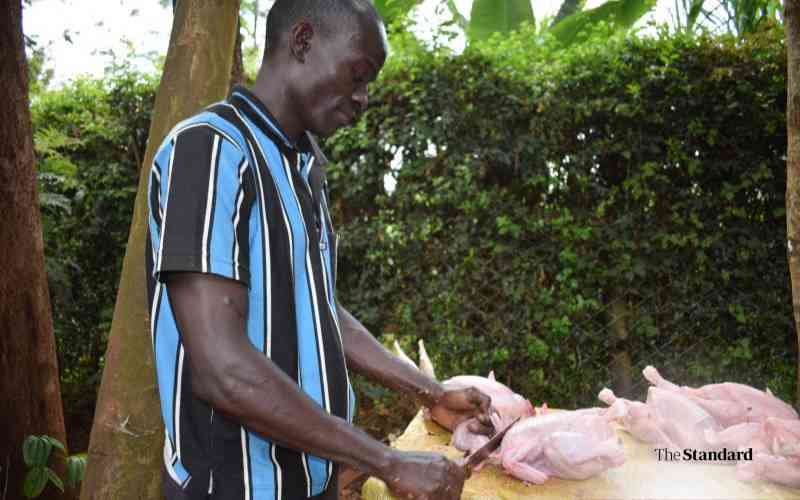
Once a flock is infected by a respiratory pathogen/germ, four things can happen. Firstly, the flock may not show any clinical signs at all, although there can be a drop in production, which is referred to as sub-clinical infection.
Secondly, birds will be affected and show noticeable clinical signs such as sneezing, nasal discharge, gasping, lethargy, audible rales, and swollen head.
In another scenario, birds get infected, and soon after, they are attacked by a secondary infection of a different pathogen.
In such situations, the signs you see are compounded. E. coli is known to cause secondary infection, and you may see, in addition to respiratory signs, some diarrhoea, skin lesions, and signs of lameness. In the final case, an infected flock may get a re-infection by the same microbe in the same flock. These scenarios, therefore, mean that an infected flock may show no signs at all, may show clinical respiratory signs, or may show other signs far from respiratory involvement.
Due to the complexity of modern poultry operations, respiratory disease prevention strategies involve the shared responsibilities of many people, starting from the farm owner, workers, feed suppliers, and your local veterinarian.
You must have a good and effective biosecurity (all measures taken to prevent the introduction of disease pathogens in a farm) and maintain high management standards, a term that incorporates selection of high-quality chicks, housing and equipment of high standard, good environmental control, terminal hygiene, and an appropriate vaccination plan. In all commercial farm operations, I always advise farmers to implement a series of requirements for their farm employees.
Such employees should not own poultry or pet birds in their homes and should only work on your farm at any given time.
Discourage employees from visiting places where birds or swine are present. In the rare occasion when this may occur, for example, during state fairs, the employee will be expected to take a shower and change clothing before reporting for duty.
Before visiting any flock unit, wash your hands using the facilities provided. Any material or equipment must be disinfected before entering the farm; products such as Paragon Plus can be used.
Stay informed. Subscribe to our newsletter
It is advisable always to move from a younger or healthier flock to an older or diseased flock if there is more than one flock on the farm, and it is essential to visit them. Otherwise, limit movement to only the flock or barn that must be visited. Upon exiting the farm, it is essential to remove farm clothing or attire. No farm clothing should be worn outside the farm. Disease prevention is certainly the most economical and best method of control; however, some respiratory diseases can overcome even the best biosecurity programme, and when they do, it is important to limit the spread of the disease to other farms.
Vaccination always starts at the parent stock level for several diseases to effectively pass on maternal immunity to commercial chicks.
But since this early protection does not last for the entire life of the chicks, flocks must be either vaccinated at the hatchery or in the field.
The timetable of these vaccinations should be based on veterinary guidance, the level of expected maternal antibodies and the disease in question and the current field challenges.
With consultation from the local veterinarian, a good program should be worked out and executed timely and appropriate manner on healthy birds. Only vaccinate healthy flocks; if they are sick, seek treatment first before carrying out this programme.
Dr Messo is the company veterinarian, Kenchic






